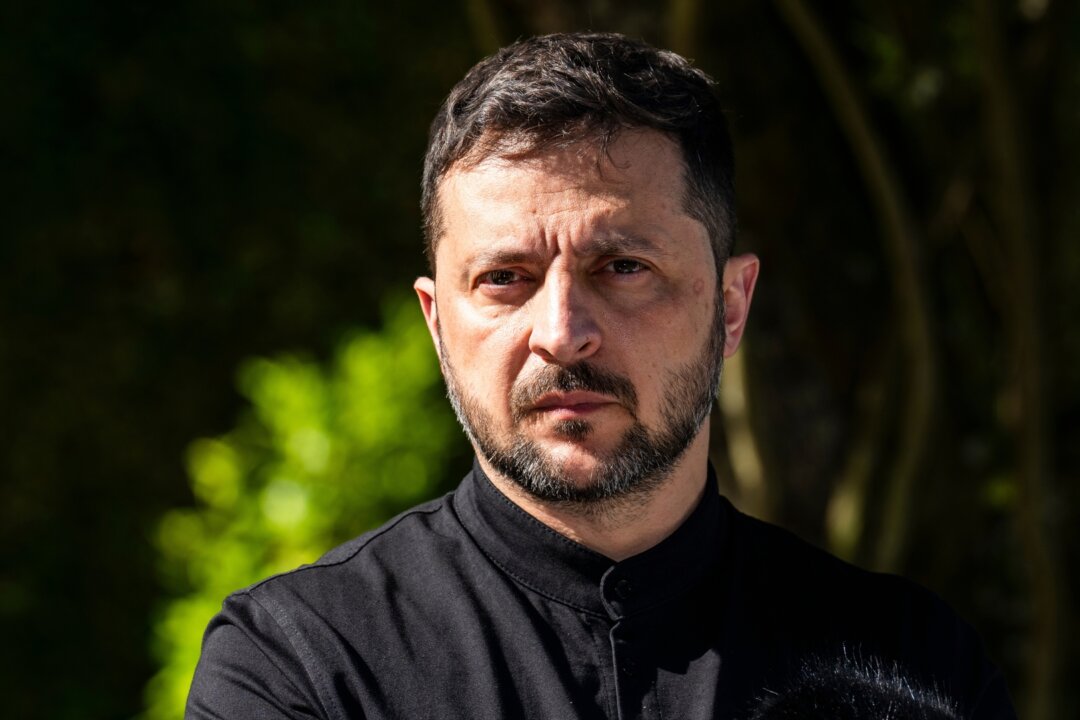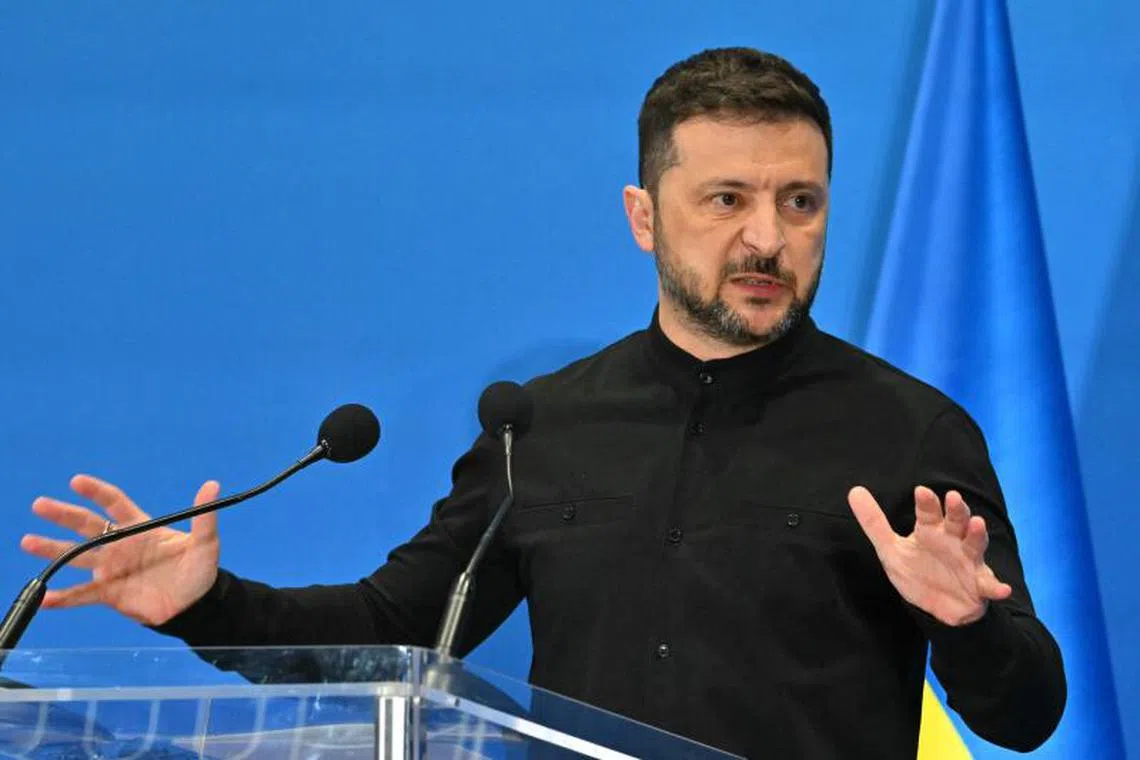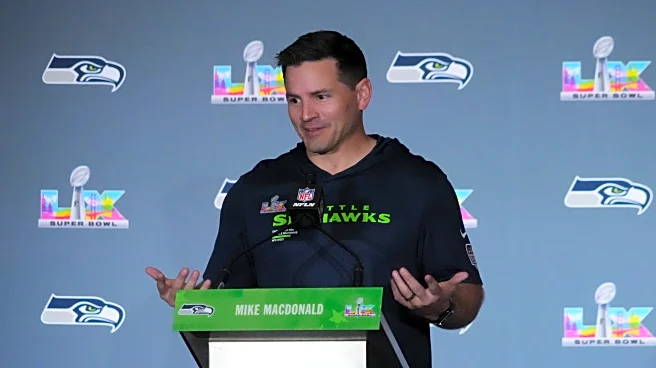Ukrainian President Volodymyr Zelenskiy has thrown the door open for renewed peace discussions with Russia, stressing the critical need for direct negotiations to speed up a ceasefire. As the war intensifies,
Did You Know
At birth, a baby panda is smaller than a mouse.
?
AD
the stakes have never been higher, with Zelenskiy formally proposing a new round of talks with Russian President Vladimir Putin. This diplomatic overture comes on the heels of escalating violence, including reports of missile and drone attacks by Russia that have damaged critical infrastructure, leaving citizens and leaders alike clamoring for a resolution to the protracted conflict that began in 2022.
The Kremlin has indicated agreement with Zelenskiy’s call for an increased focus on peace talks, reflecting a mutual recognition of the necessity for resolution. While this openness to dialogue is welcomed, it is accompanied by the ongoing military efforts from Ukraine, as military commanders assert that their forces are standing firm against Russian advances. This illustrates the delicate balance between pursuing diplomatic avenues and maintaining defensive operations in the face of continued aggression.
As both sides inch toward possible negotiations, the complexities of the conflict linger ominously overhead. The stark reality of ongoing hostilities juxtaposed with the hope for peaceful resolution leaves many pondering whether meaningful dialogue can truly alter the trajectory of this brutal war. With the world watching closely, the outcome of these discussions may not only determine the future of Ukraine and Russia but also reverberate throughout the broader geopolitical landscape.
Q&A (Auto-generated by AI)
What are the implications of cost-cutting at Porsche?
Porsche's cost-cutting measures, initiated by CEO Oliver Blume, aim to enhance the company's financial resilience amidst challenges in key markets like China and the U.S. These measures could impact production, workforce, and investment in innovation. By streamlining operations, Porsche hopes to maintain profitability while adapting to shifting consumer demands and geopolitical tensions. Such strategies are crucial for luxury automakers facing increased competition and economic fluctuations.
How do U.S. tariffs affect the auto industry?
U.S. tariffs can significantly impact the auto industry by increasing the cost of imported materials and components, ultimately raising vehicle prices for consumers. This can lead to reduced sales and profit margins for manufacturers like Porsche. Tariffs can also disrupt supply chains and encourage companies to relocate production to avoid additional costs, affecting employment and investment decisions in the industry.
What challenges is Porsche facing in China?
Porsche faces several challenges in China, including increasing competition from local electric vehicle manufacturers and changing consumer preferences towards sustainability. Additionally, geopolitical tensions and trade disputes can complicate operations and market access. As China is a crucial market for luxury cars, these challenges necessitate strategic adaptations to maintain market share and profitability.
What are the goals of Ukraine's peace talks?
The primary goal of Ukraine's peace talks is to negotiate a ceasefire and establish a framework for resolving the ongoing conflict with Russia. Ukrainian President Volodymyr Zelensky aims to secure territorial integrity and sovereignty while addressing humanitarian concerns. The talks also seek to foster international support and pressure Russia to de-escalate military actions, ultimately striving for lasting peace and stability in the region.
How has the conflict in Ukraine evolved recently?
The conflict in Ukraine has seen intensified military actions, with Russia launching extensive missile and drone attacks, particularly targeting critical infrastructure. Ukrainian forces are reportedly holding firm in key areas despite these assaults. Recent developments indicate ongoing efforts for peace negotiations, with Ukraine proposing fresh talks with Russia to address the humanitarian and military crises stemming from the prolonged conflict.















